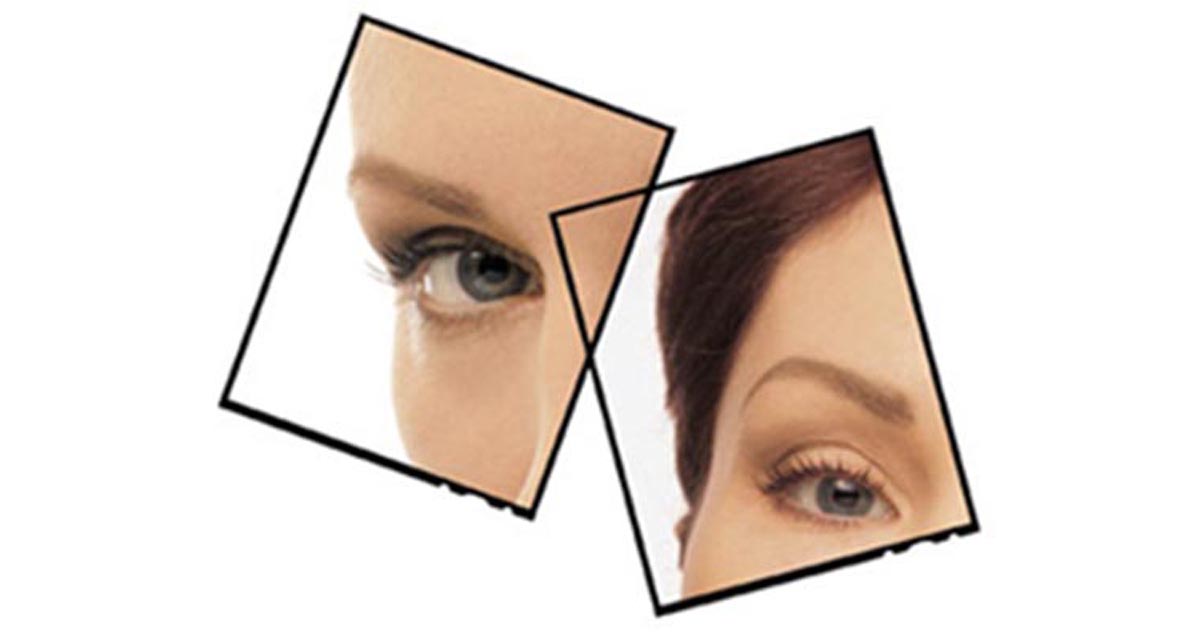
READ Natural Eye Health Supplements: Do they Work?
Depending on the severity of your eyelid swelling, you may decide to consult some of the following medical professionals. You will not make a mistake by choosing a general practitioner, emergency physician, ophthalmologist or dermatologist.
- The duration and severity of the eyelid swelling will help your healthcare provider understand whether you're dealing with acute or chronic eyelid swelling
- A brief family and your medical history to determine if any inherited disorders may be to blame
- If you had taken any medication
- If you had any allergic or adverse reactions before
- If you had a cold or a runny nose recently to understand if the cause could be viral
- If you had redness or eye discharge to determine whether the cause could be bacterial
Possible causes of eyelid swelling are:
1. Allergic reactions
2. Blepharitis and chronic blepharitis.
- Acne
- Rosacea
- Dry eyes
- Scalp dandruff
- Different infections such as staphylococcus bacteria
Symptoms indicating possible blepharitis include a burning feeling in the eye, a sense of the foreign body, excessive tearing and itching of the eye [3].
3. Conjunctivitis
Conjunctivitis is a contagious infection of the eye. The infection could be viral or bacterial in origin but also triggered by an allergy, environmental irritants, contact lenses and eye drops, and ointments. Conjunctivitis usually causes swelling, itching, burning, and redness of the eye protective membrane, in the case of bacterial conjunctivitis greenish discharge from the eye. Conjunctivitis is highly contagious easily spreads from one person to another. [4]
4. Styes
5. Chalazion
Some of the less common causes of eyelid swelling include:
- Cellulitis - inflammation of the skin or subcutaneous tissues.
- Orbital Cellulitis - a bacterial infection of the around eyes tissue. It causes redness and swelling around eyes and is usually a result of an underlying condition such as conjunctivitis, sinusitis or even diabetes.
- Herpes - either herpes simplex or herpes zoster virus.
- Kidney disorders such as:
- Nephrotic syndrome – characterized by high levels of protein in the urine, low levels of protein in the blood, swelling of the extremities and swelling around the eyes. The syndrome occurs due to the damage to the small blood vessels that filter waste and excess water.
- Glomerulonephritis – inflammation of the small blood vessels.
- An unnoticed blunt trauma or an insect bite can also cause swelling of the eyelids.
- Graves disease – Graves disease is an autoimmune condition and is related to your thyroid problem.
- Eye cancer – swollen eyelid could be a symptom of eye cancer or lymphoma. Blurred vision, seeing slowly moving spots, or loss of vision may also appear as additional symptoms.
What Is Your First Line Of Defense When You Notice You Have A Swollen Eyelid?
As we already mentioned in this article, under no circumstances engage in picking or squeezing your eyelid. The majority of eyelid swellings go away in a few days on their own. However, here are some tips you can apply at home if you have swollen eyelids:
- If you wear contact lenses, remove them.
- If you have a discharge accompanied with the eyelid swelling, try to rinse your eyes. In the case of allergies, cool water will do the trick. Make sure you have clean hands.
- After rinsing apply a cold or warm compress, which depends on your condition. Make sure your hands and the compress are clean.
- In case you are suffering from allergies, you can apply an antihistamine or steroid eye drops. However, you should not self-diagnose and your medical provider should confirm you are suffering from an allergy.
Call your eye doctor right away if swelling lasts longer than 48 hours and if you notice any of the following:
- Pain in your eye
- Blurry or decreased vision or seeing floaters or moving spots
- Sensation that something’s stuck inside your eye

